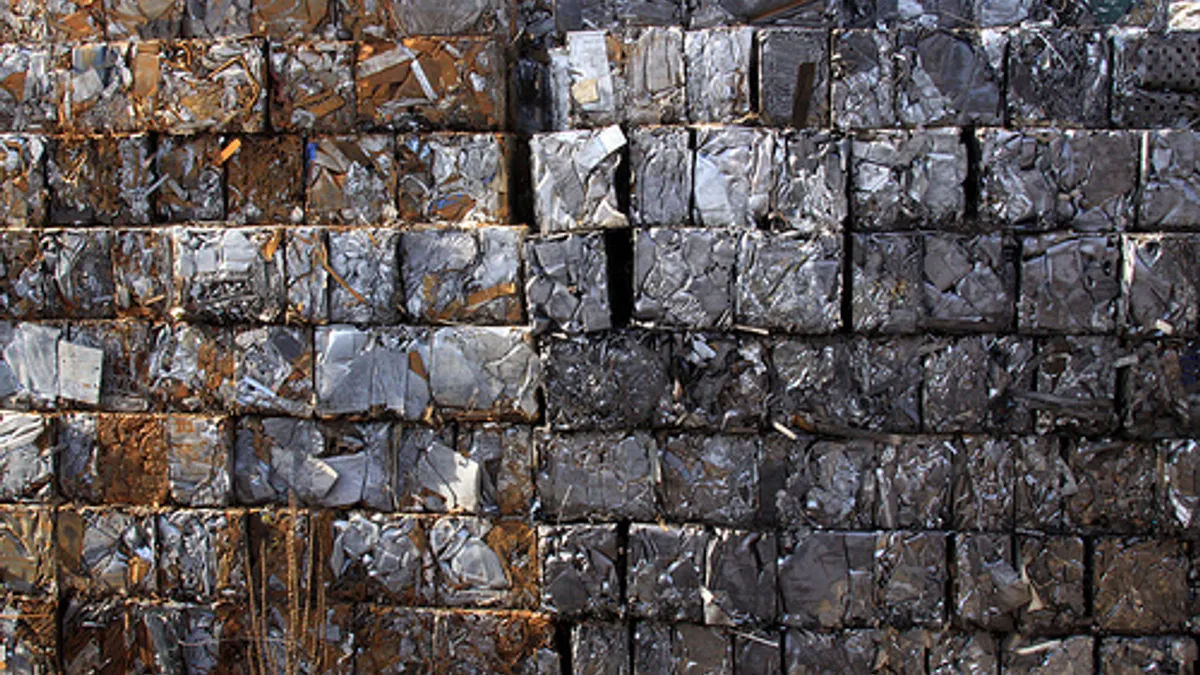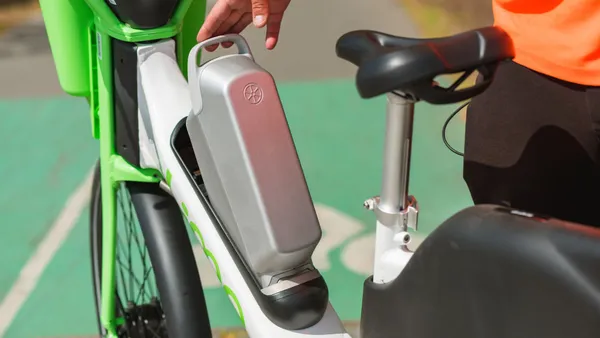As landfills overflow with discarded plastics, scientists have been working to produce a biodegradable alternative that will reduce pollution. Now a Tel Aviv University researcher is giving the quest for environmentally friendly plastics an entirely new dimension -- by making them tougher than ever before.
Prof. Moshe Kol of TAU's School of Chemistry is developing a super-strength polypropylene -- one of the world's most commonly used plastics -- that has the potential to replace steel and other materials used in everyday products. This could have a long-term impact on many industries, including car manufacturing, in which plastic parts could replace metallic car parts.
Durable plastics consume less energy during the production process, explains Prof. Kol. And there are additional benefits as well. If polypropylene car parts replaced traditional steel, cars would be lighter overall and consume less fuel, for example. And because the material is cheap, plastic could provide a much more affordable manufacturing alternative.
Although a promising field of research, biodegradable plastics have not yet been able to mimic the durability and resilience of common, non-biodegradable plastics like polypropylene. Prof. Kol believes that the answer could lie in the catalysts, the chemicals that enable their production.
Plastics consist of very long chains called polymers, made of simple building blocks assembled in a repeating pattern. Polymerization catalysts are responsible for connecting these building blocks and create a polymer chain. The better the catalyst, the more orderly and well-defined the chain -- leading to a plastic with a higher melting point and greater strength...













